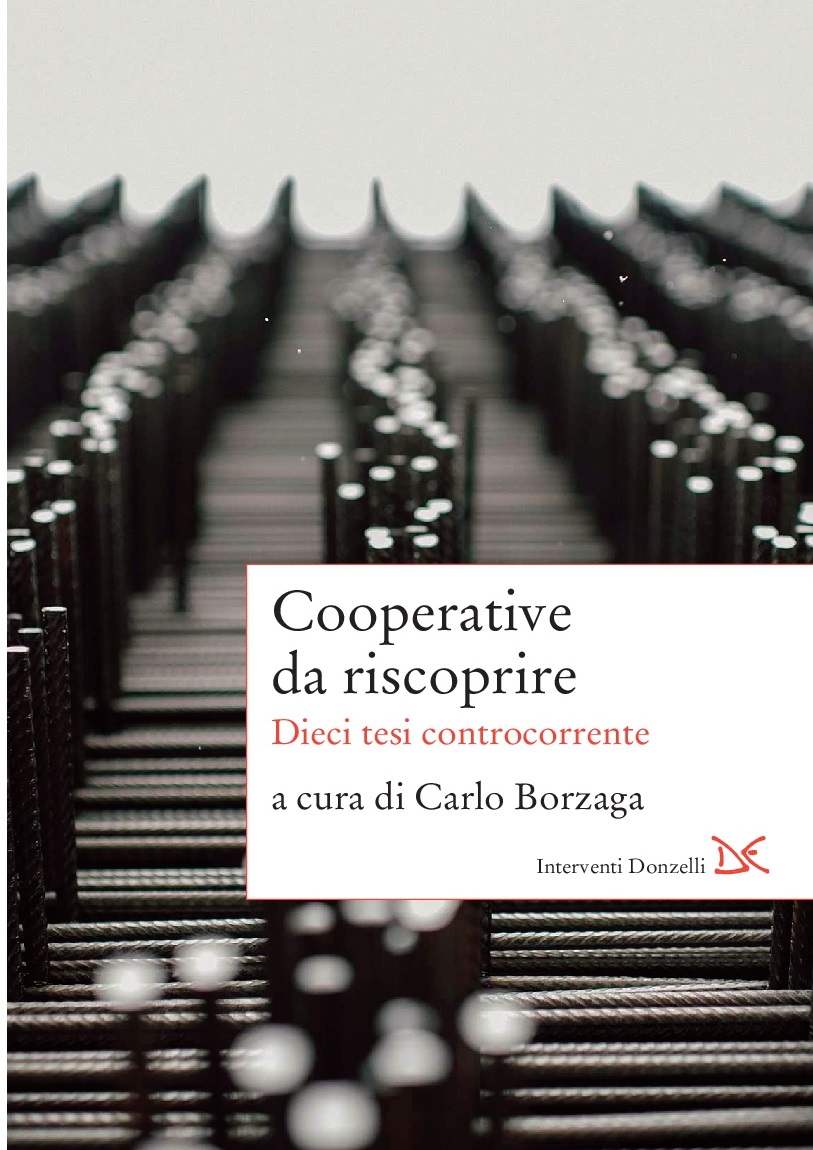Cooperatives to rediscover. Ten countercultural theses
Author: Carlo Borzaga
Small. Even too small to compete on par with other forms of enterprise, to innovate, to participate with credibility in public debate, to anticipate needs that are potential today and necessary tomorrow. Outdated. Far removed from the widely invoked instances of digitization and a now shared, on-demand, click-paced economy. Undercapitalized. Less efficient than corporations. Dependent on the almost welfarist attention that moves the public hand. Favored, privileged. Even false. And for this blameworthy on a regular basis in the public statements of those who, from time to time and beyond color, enter the spaces of Parliament. Talking about cooperatives inevitably leads here: to the dark and uncertain backwaters of a dominant narrative, of a representation that is as widely recurrent as it is poorly corresponding to the original. True and likely, perception and reality seem to confuse even those who, on a daily basis, animate the cooperative system. But how much of it is true? How much do the sayings correspond to the facts? The European Institute for Research on Cooperative and Social Enterprise (Euricse) has been asking this question since its founding. And to the lack of empirical analysis to support mainstream theses, it has responded with evidence, numbers, and theoretical examinations.
On the occasion of its first ten years, Euricse has therefore collected some of the most relevant research results produced in recent times. It has done this to give substance to the words. The outcome is a reflection that lays new foundations, less emotional and more scientific, for understanding the future of a system-the cooperative system-that still has more than one challenge to overcome and has all the potential to interpret the transformations that will mark our time and the time to come.
Buy yor copy here.
